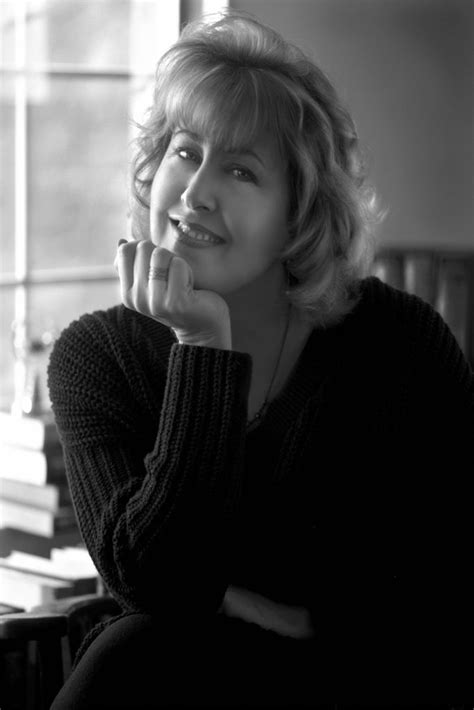A Quote by Charlotte Bronte
I loved him very much - more than I could trust myself to say - more than words had power to express." - Jane Eyre
Related Quotes
I started reading seriously at seven or eight, books about myths and legends, the Narnia series. By the time I was 11, I had read all the children's books in my local library, so I moved on to 'Jane Eyre.' What I loved about Jane Eyre was that she didn't rely on her looks but her character. She had a spirit nobody could break.
What's been important in my understanding of myself and others is the fact that each one of us is so much more than any one thing. A sick child is much more than his or her sickness. A person with a disability is much, much more than a handicap. A pediatrician is more than a medical doctor. You're MUCH more than your job description or your age or your income or your output.
That’s why it was so impossible to tell him goodbye — because I was in love with him. Too. I loved him, much more than I should, and yet, still nowhere near enough. I was in love with him, but it was not enough to change anything; it was only enough to hurt us both more. To hurt him worse than I ever had.
More than anything, the journal wanted. It wanted more than it could hold, more than words could describe, more than diagrams could illustrate. Longing burst from the pages, in every frantic line and every hectic sketch and every dark-printed definition. There was something pained and melancholy about it.
At last I saw Christ as my Saviour. I believed in Him and gave myself to Him. The burden rolled from off me, and a great love for Christ filled my soul. That was more than fifty years ago. I loved Jesus Christ then, but I loved Him more the year after, and more the year after that, and more every year since.
What is natural in me, is natural in many other men, I infer, and so I am not afraid to write that I never had loved Steerforth better than when the ties that bound me to him were broken. In the keen distress of the discovery of his unworthiness, I thought more of all that was brilliant in him, I softened more towards all that was good in him, I did more justice to the qualities that might have made him a man of a noble nature and a great name, than ever I had done in the height of my devotion to him.




































